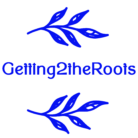Through outdated financial systems and colonial-era agreements, France drains Africa’s wealth and keeps many nations locked in economic dependency.
This article breaks down how these systems operate, their impact on everyday life, and why more African countries are now standing up to reclaim control.
The Colonial Pact Trap
The Colonial Pact stands as one of the clearest tools of control left behind after African countries claimed independence.
France lowered its flags, but continued to shape decisions through policies that kept control firmly in its hands.
This pact was not just a policy. It was a long-term strategy to keep economic power tilted toward France, even as African nations celebrated their political freedom.
After independence in the late 1950s and early 1960s, France required its former colonies to sign agreements that would keep their economies tied to Paris.
These countries stored up to sixty-five percent of their foreign currency reserves in France’s central bank because France demanded it, along with another twenty percent for financial liabilities.
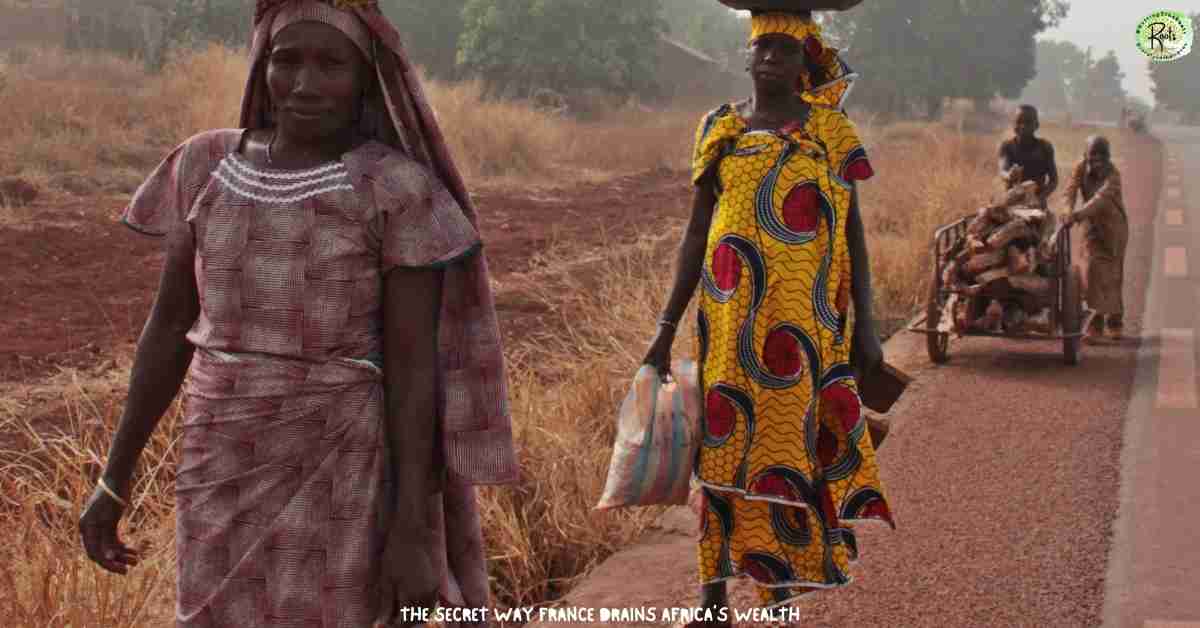
African Reserves Locked in Foreign Banks
France placed nearly all of their international money far from home, locking it away in a foreign vault.But this was not just about where the money sat.
The bigger issue was that France had full control over how and when these countries could access their funds.
If an African government needed money to invest in agriculture, healthcare, or roads, they had to submit a request and wait. France could delay, deny, or attach conditions.
Even after France approved the money, governments often waited weeks or months to receive it. These delays slowed responses and raised costs during economic shifts and emergencies.
In many cases, this left African countries unable to react quickly to crises. Natural disasters, disease outbreaks, or price shocks required fast action.
But under the Colonial Pact rules, local leaders did not always have the authority or the speed to respond.
The High Cost of Waiting for Approval
Even worse, French approval sometimes depended on how closely the African government followed France’s political line.
Leaders who challenged the system risked having their access limited, punishing their citizens in the process.
This arrangement was not about partnership. It was about power. France did not just manage the funds.
They earned interest too. While African nations waited to use their own money, France profited from holding it.
This is one of the most direct ways France drains Africa’s wealth, using legal control over national reserves to maintain influence long after colonial rule officially ended.
For many African leaders, the Colonial Pact felt like independence with a leash. The flags changed, the speeches were made, but behind the scenes, financial freedom was still out of reach.
That is how France kept its colonial grip strong. It used pressure to push countries into signing unfair rules and relied on economic dependency to keep them in place.

France’s Grip with the CFA Franc
The CFA franc is one of the most lasting signs of France’s hold on its former colonies. Created in the year nineteen forty-five, this currency was introduced not to serve Africa but to serve France’s post-war economic interests.
It locked African economies into a system that made them easy to manage from Europe and hard to control from within.
Today, 14 African Nations still use this currency. On the surface, it might seem like a shared monetary system for stability.

Why the CFA Franc Was Never Meant to Empower Africa
But underneath, it is a setup that favors France. The money is printed in France and the reserves that back it are kept in France.
And the policies that shape it, including interest rates and inflation control, are influenced or even decided by French officials and institutions.
Because these countries use the CFA franc, they do not have the same flexibility that other nations enjoy.
They cannot change their currency’s value to support trade, adjust interest rates in tough times, or shift their policies during emergencies.
Everything must fit inside a system designed elsewhere. It is like trying to steer a car while someone else holds the wheel.
When countries have tried to leave the system, the response has been swift and harsh. In nineteen fifty-eight, when Guinea under President Sékou Touré chose to exit the CFA zone, France did more than pull its diplomats.
According to several reports, it removed critical infrastructure, sabotaged supplies, and left the country with nothing but broken tools and stolen wealth.
Guinea’s economy suffered greatly in the short term, a warning to others thinking of doing the same.
Resistance Met with Retaliation
Years later, when other countries attempted to break away or even question the system, like Mali and Mauritania, they were met with similar pressure.
Some quietly returned. Others stayed, but their leaders became cautious. The fear of being cut off or destabilized was real.
This fear created a quiet form of obedience. Countries could have different flags and anthems, but as long as they used the CFA franc, France had a seat at their economic table.
This currency was not just about bills and coins. It was a tool of influence that allowed France to stay in the room long after the colonial era was declared over.
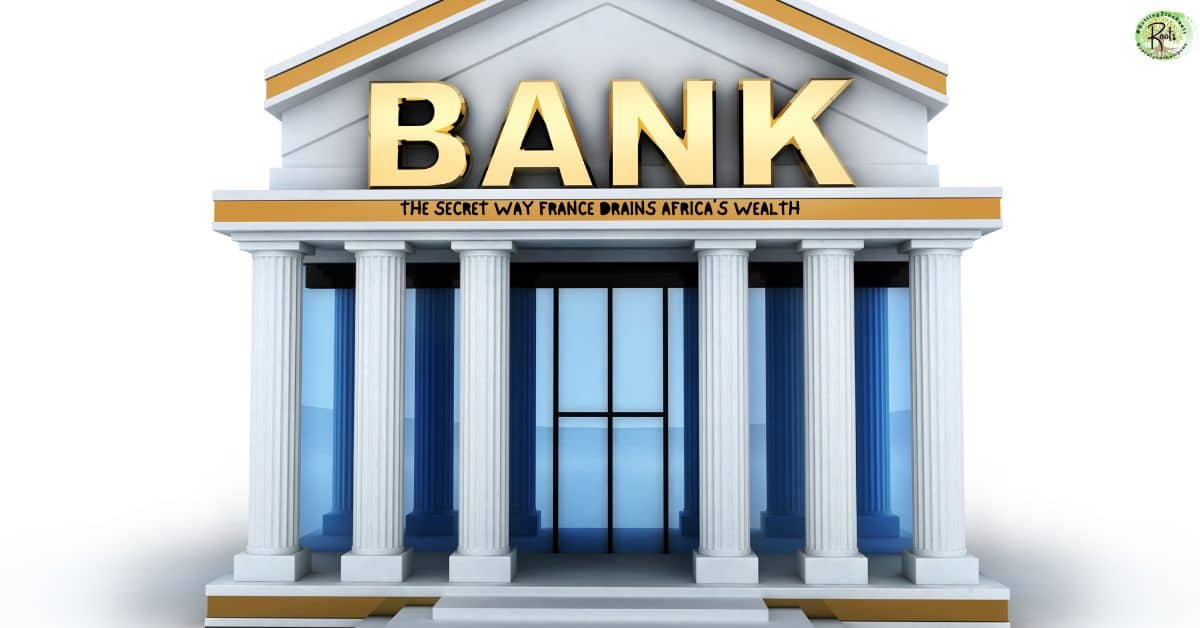
A Monetary System That Still Serves France
This setup is one more way that France drains Africa’s wealth. By controlling currency policy, reserve management, and monetary decision.
France continues to benefit from a system designed to serve its interests. The burden falls on African nations while the profits and power remain in European hands.
The truth is, having a shared currency is not the issue. Many regions do it, including the European Union.
But in those setups, all members have a say. In the CFA system, African nations take on the burdens while France keeps the upper hand. It is a monetary cage dressed as cooperation.
Way France Drains Africa’s Wealth: France Controls African Reserves
Control over reserves may seem like a behind-the-scenes banking issue, but it shapes real lives every day.
When a country earns money from exports, tourism, aid, or global partnerships, it should control how that money is stored and used.
Yet many African countries tied to the CFA system do not make those decisions themselves.
African Savings, Foreign Decisions
France holds a large portion of their national savings, not in African central banks, but in European financial institutions.
These funds are supposed to support the CFA franc, but in practice, they do more for France than for the countries that earned them.
French banks invest this money and earn profits, while African governments wait for permission to use their own resources.
This is one more way France drains Africa’s wealth. African countries generate the revenue, but they cannot spend it freely.
When they need to fund agriculture, healthcare, or infrastructure, they must submit formal requests and wait for approval.
Sometimes the process takes weeks. In many cases, delays force governments to postpone urgent projects or make cuts to essential services.
The impact is real. Construction slows down. Public workers miss paychecks. Shipments of food and medicine get stuck in transit.
The High Cost of Waiting for Permission
Not because the money is missing, but because France controls access to it. While this money sits in French banks, it continues to grow interest. But the main benefits go to France.
The original owners, the African countries, receive only a small return. Meanwhile, France uses the funds to support its own economy.
Imagine a farmer who stores grain in a neighbor’s barn and must ask every time he needs to feed his family.
That is what African governments face when they need to spend money they already earned. The situation does not just frustrate leaders. It weakens their ability to act, plan, and deliver results.
Over time, this system chips away at national independence. As budgets shrink and debt grows, governments find it harder to plan for the future.
Leaders struggle to deliver on promises, not because they lack resources, but because the current system places control in foreign hands.
France designed this structure to keep power long after colonial rule ended. As long as African reserves stay locked in foreign banks, true economic freedom will remain out of reach.
Way France Drains Africa’s Wealth: Who Profits From Africa’s Gold
Africa is home to some of the richest mineral deposits in the world. From gold and diamonds to uranium and oil, the land is filled with natural resources.
That should power strong economies and uplift communities. But in many former French colonies, these riches benefit outsiders more than the people who live above them.
French companies have secured priority access to some of the most valuable mining zones in West and Central Africa.
Outsiders Profit While Locals Struggle
These contracts are often signed under terms that lean heavily in France’s favor, locking in low royalties for the host nations and high profits for foreign firms.
Even though the soil, labor, and risk all belong to the African side, most of the earnings flow straight to Europe.
Gold is a perfect example. Countries like Mali, Burkina Faso, and Niger are among the continent’s top producers.
Yet much of the mining is carried out by French or European companies that export the gold while paying minimal taxes.
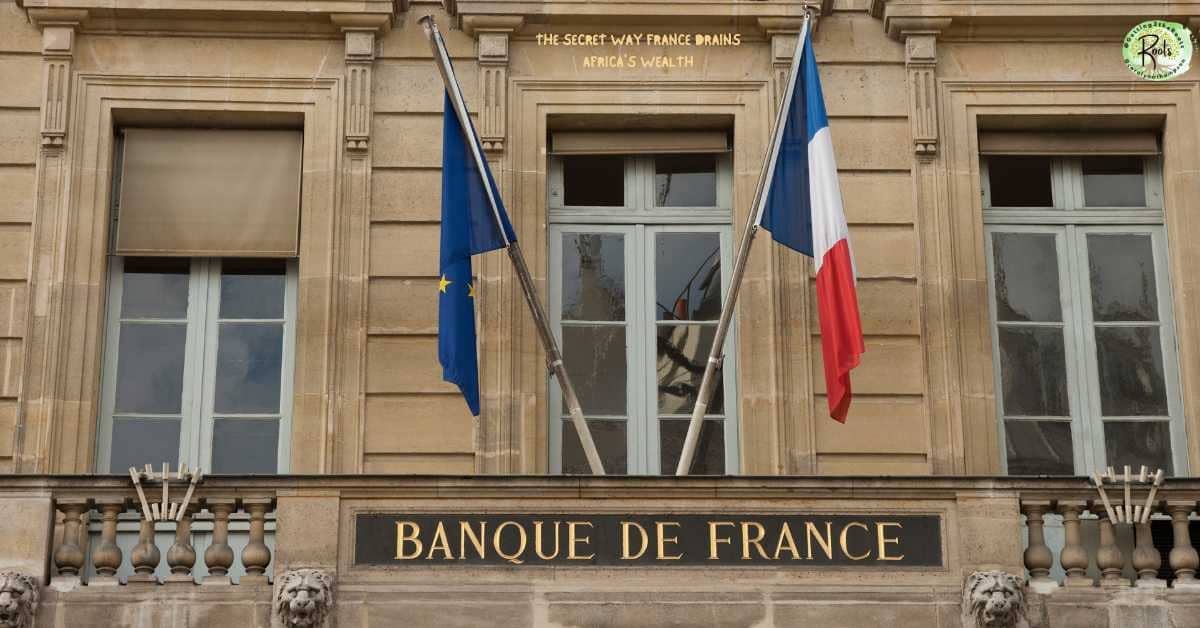
Why African Businesses Cannot Compete
Local communities are left with polluted land, unsafe working conditions, and little to show for the wealth pulled from beneath their feet.
It is not just about minerals. Oil fields and uranium mines also follow this pattern. In places like Gabon and Chad, French firms often win drilling rights, locking in long-term deals that stretch for decades.
These contracts are rarely renegotiated, even as prices go up and local needs grow. Meanwhile, African-owned companies are typically shut out or underfunded.
Without access to major capital or legal protection, they struggle to compete. Instead of building homegrown industries and skills, these countries are stuck exporting raw goods and importing finished products.
A System Built to Stay Broken
That cycle keeps them dependent and underdeveloped. In a fair system, resource wealth would lead to better schools, clean water, paved roads, and good healthcare.
But when the profits leave and the damage stays, the promise of progress disappears.
What is left behind are ghost towns near exhausted mines, unemployed youth, and governments that cannot afford to meet basic needs, even though their land is worth billions.
This setup did not happen by accident. It was shaped over time through agreements that favored the former colonial power. And it continues because those who benefit have little reason to change the rules.
Way France Drains Africa’s Wealth: Trade Deals That Hurt Africa
Trade is supposed to open up opportunity. When done fairly, it helps countries grow, builds strong partnerships, and allows people to benefit from what they make and sell.
But for many African countries that were once under French rule, trade deals have done the opposite.
Instead of lifting local economies, these agreements often protect French interests and hold African industries back.
After independence, many of these countries entered into economic cooperation agreements with France. On paper, these deals promised support and development.
Promises of Support, Reality of Control
But in practice, they gave France a major say in how African nations bought and sold goods. In many cases, African governments were encouraged or even required to import French-made products.
It did not matter if the goods were more expensive, lower quality, or if better options existed elsewhere.
This put African businesses at a disadvantage from the start. Local factories had to compete with French imports backed by strong financing, better technology, and favorable tax treatment.
Over time, this discouraged investment in African manufacturing. Why build a local plant if the market is already flooded with goods from overseas.
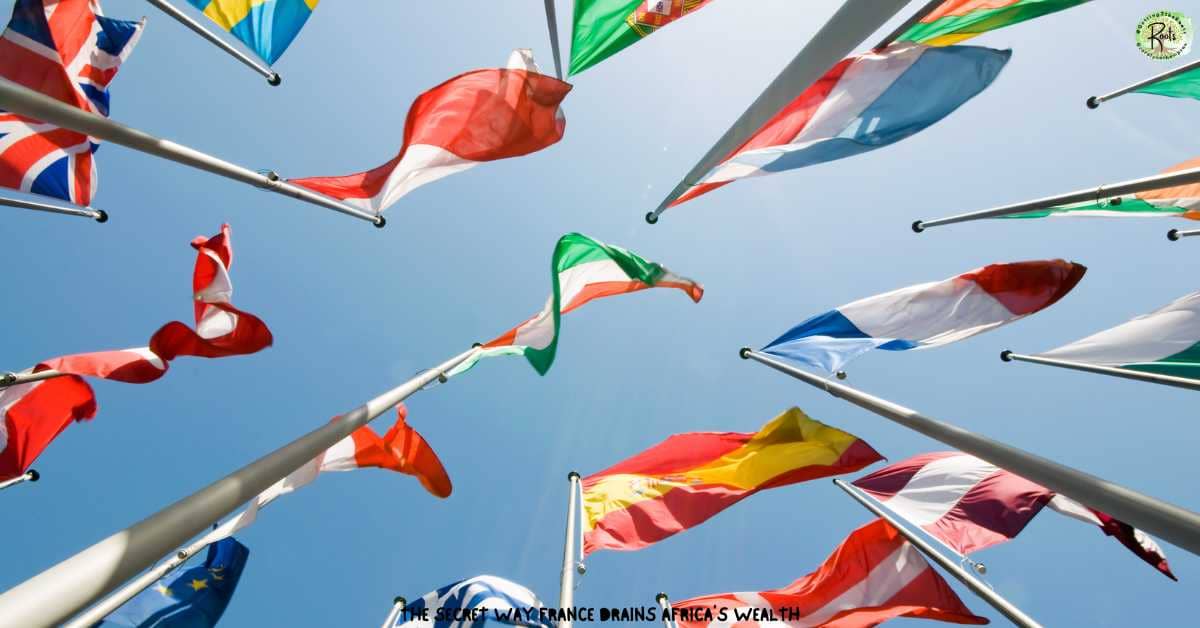
Locked Out of Global Opportunity
And the impact did not stop there. These trade arrangements also made it harder for African countries to build relationships with rising economies like China, Brazil, or India.
With so many rules favoring France, leaders found it difficult to explore other trade paths. It was like being tied to a single customer while the rest of the world moved on.
One-sided deals like these hurt growth. They reduce competition, weaken innovation, and force governments to rely on foreign partners instead of building their industries.
Farmers, shopkeepers, and small business owners feel the weight of this every day. They cannot grow when they are boxed in by rules they did not create.
A clear example is how some countries have to buy processed food, farm equipment, or medicine from French suppliers even when cheaper, locally made, or more effective versions are available.
Breaking the Chains of One-Sided Trade
This keeps money flowing out instead of circulating within the local economy. The end result is a trade system that works against the very people it should serve.
These deals were shaped decades ago but many of them still stand. They are rarely updated, and they continue to shape what African nations can or cannot do in the global market.
Imagine a country that wants to feed its people, build factories, and sell its products to the world but is stuck following rules written far away.
That is the reality for many African nations still tied to these trade frameworks. Until they have full freedom to choose their partners and set their terms, true economic independence will remain out of reach.

Way France Drains Africa’s Wealth: Hidden Fees That Drain Africa
One of the most overlooked ways African countries lose money is through the quiet cost of accessing their own funds.
Even when the money belongs to them, the current system forces them to pay just to use it. These costs rarely make headlines, but they slowly drain resources that could build schools, fund clinics, or create jobs.
When African countries store large portions of their reserves in France, they must follow strict procedures to use that money.
But those procedures come with fees. Management charges, service costs, and even penalties apply depending on how the money is used. These charges are fixed and unavoidable.
Paying to Use Your Own Money
Think about this. A country has money to fix roads or expand electricity, but before starting, it must pay a fee to unlock its own funds.
That makes budgeting harder and forces leaders to delay or cut other important projects.
This is one of the subtle ways France drains Africa’s wealth, not through violence or war, but through financial rules that create ongoing losses.
These small fees turn into major problems over time. Year after year, the cost of using money adds pressure to already stretched national budgets.
It weakens long-term planning and slows progress in healthcare, education, and infrastructure.
The Profit Gap Between France and Africa
This setup also gives France an unfair advantage. While African funds sit in French banks, they generate interest. But France collects most of the profit.
African countries get a small return and still pay to access what they own. France drains Africa’s wealth by benefiting from these deposits while offering little in return.
You will not always see these fees listed in official reports, but their effects are clear.
They shrink budgets meant for teacher training, school supplies, and small business growth. Instead of helping local communities, the money flows out of Africa into foreign hands.
The Push for Financial Freedom
Imagine earning your paycheck, but every time you try to use it, someone takes a piece just for handing it over. That is what African countries face under this system. It is frustrating, unfair, and unsustainable.
For Africa to move forward, it must remove these barriers. Financial freedom should not come with hidden conditions and extra charges.
These fees are not small details. They are part of a system that limits growth. France drains Africa’s wealth through these constant extra costs, leaving African countries struggling to invest in their future.
Removing these restrictions is not just about economics. It is about fairness. It is about building a future where African money serves African people.
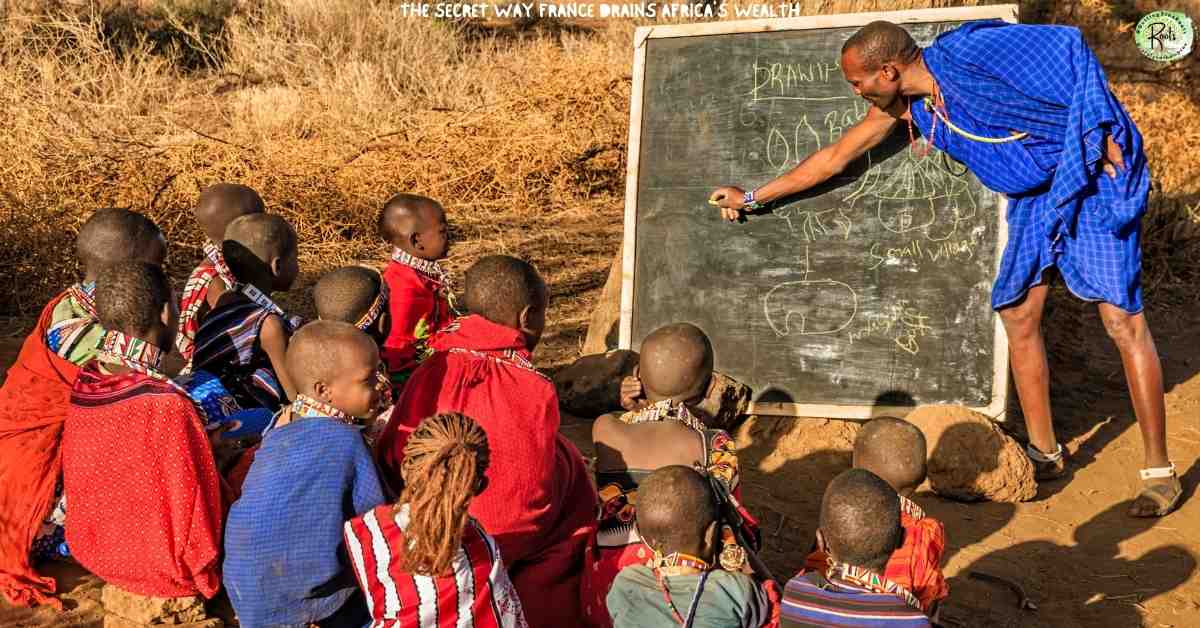
Daily Life Under Financial Control
When people hear about international finance or reserve systems, they often think of something distant or difficult to understand.
However, these systems shape everyday life in ways that cannot be ignored.
They determine whether a child attends a safe school, whether a clinic has basic medicine. And whether a family can turn on a faucet instead of walking miles for water.
In many African countries, the burden of foreign financial control does not make the news.
Instead, it shows up in long lines at health centers, overcrowded classrooms, and broken infrastructure.
A government might have enough money to build new hospitals, but if those funds sit in another country’s bank, progress stalls.
The Real-World Impact of Reserve Policies
While leaders wait for approval, citizens wait for care. Patients go without treatment, and students lose valuable time in school.
During a visit to Cameroon, I witnessed families hauling water from streams to cook and clean. I saw cracked roads, unstable power, and schools with broken windows and not enough books.
Cameroon is not poor in potential. Its people work hard and its land holds value. But like many African nations, it suffers from a system that denies full access to its own resources.
That is exactly how France drains Africa’s wealth — not only by holding reserves abroad, but by delaying the progress those reserves could bring. This system does more than block development. It drains hope.
When governments cannot meet basic needs, people begin to lose faith.
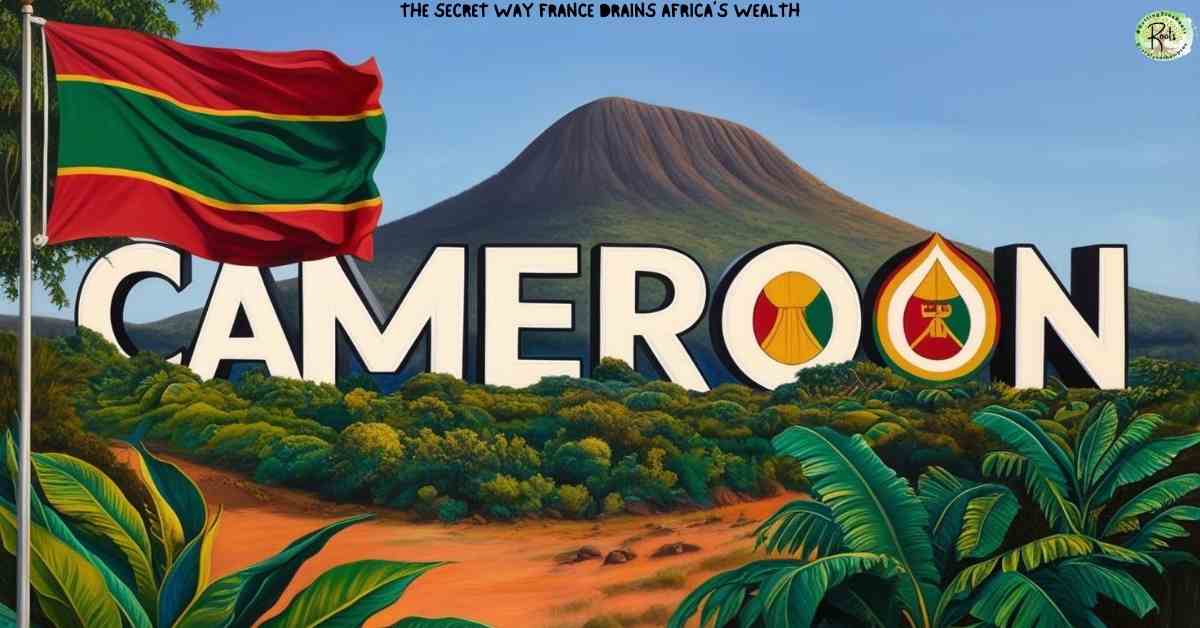
A Shared Story of Struggle and Strength
Young adults stop believing change is possible. Teachers grow frustrated. Medical workers leave for better opportunities elsewhere. Over time, trust in leadership fades, and communities fall into cycles of struggle.
I remember walking through a village and thinking back to my own childhood in rural Arkansas.
My family lived through hard times on a sharecropping farm. We had little, but there was always a sense that better days could come.
In Cameroon, I saw people working just as hard but receiving so little in return. Not because they lacked effort, but because they faced financial barriers they did not create.
This level of control affects every part of life. It limits food production, delays clean water projects, and blocks new jobs from forming. Communities that could grow and thrive must settle for less.
What makes this harder to accept is knowing the money exists. It has not disappeared. It is simply held back by a system built to serve others.
Different Places, Same Burdens
Once again, France drains Africa’s wealth by benefiting from funds it holds and controls while African nations struggle to access what belongs to them.
This is exactly why so many are speaking up. They do not seek handouts. They want the right to manage their own resources and shape their futures.
Real independence means spending your own money, leading your own projects, and deciding your own path forward.
It means ending outside control and building systems that finally serve the people they were meant to help.
This is not just about economics. At its core, it is about human dignity. Children sit in broken classrooms, hospitals run low on supplies, and families live without plumbing.
I witnessed it all firsthand witnessing people working hard yet receiving so little in return. And once again, I saw how France drains Africa’s wealth while presenting itself as a partner in development.
Way France Drains Africa’s Wealth: Resistance is Growing
All across the continent, more African leaders and citizens are standing up and speaking out. The days of quietly accepting unfair financial systems are slowly coming to an end.
Countries are questioning old agreements and demanding control over their economies. They want to decide how their money is used, how trade is shaped, and how their future unfolds.
In recent years, countries like Mali, Burkina Faso, and Niger have taken bold steps. They have announced plans to move away from the CFA franc and build financial systems that reflect their own needs and values.
These changes show a deep desire to break free from the structures through which France drains Africa’s wealth and controls critical decisions from afar.
Moving Beyond the CFA Franc
Other countries, including Senegal, Chad, and Guinea, are reviewing their financial ties and exploring new options. Some have invited advisors to help plan national currencies.
And some are building partnerships beyond France’s reach. These efforts reflect a growing belief that change is not only possible but urgent.
Ivory Coast sent a strong message by removing French troops from its territory. That decision was not just about security. It was about reclaiming the right to govern without outside pressure.
For many, it symbolized a refusal to let military and economic control walk hand in hand. France drains Africa’s wealth not only through money but also by maintaining influence through political and military channels.
Risks of Challenging the System
These moves are not without risk. Countries that challenge the status quo often face cuts in aid, political pushback, or trade disruptions. Still, the movement continues to grow.
People use social media, protests, and public action to demand a future they control. They want to keep the wealth that comes from their land, their labor, and their ideas.
More citizens now see how France drains Africa’s wealth and are pushing to dismantle systems that were never meant to uplift African nations.
Replacing decades-old financial systems takes time, but the determination is stronger than ever. Leaders speak with more confidence. Youth educate themselves and one another. Communities unite with a common goal.
What is unfolding across the continent is more than protest. It is a movement for economic freedom and financial justice. It is a call for a future where African countries no longer have to ask for what is already theirs.
Independence Still Denied
Many African countries have been independent for more than sixty years. They have national flags, elected leaders, and a place on the world stage.
But when it comes to managing their own money and resources, real independence remains out of reach.
Every year, reports estimate that African nations lose up to five hundred billion dollars through financial arrangements that were never built for their benefit.
This is not debt. It is not foreign aid. It is wealth taken through policies, trade terms, banking rules, and contract structures that favor France.
The Price of Lost Wealth
France drains Africa’s wealth through these quiet systems while nations struggle to move forward without full access to what they have earned.
That amount of money could transform the continent. It could build thousands of new schools, pay fair wages to teachers, and bring clean water to every home.
It could expand health-care access, boost local businesses, and support innovation. Instead, the money leaves.
However, it builds someone else’s future while Africa remains stuck fighting for progress with one hand tied behind its back.
The results are easy to see. In France, streets are paved, hospitals are well-equipped, and schools are stocked with learning materials.
What Africa Could Build With What Was Taken
In many African countries, people walk miles for clean water, students share broken desks, and hospitals lack basic supplies.
This gap exists not because Africa is poor, but because France drains Africa’s wealth by holding the keys to the systems that shape African economies.
These losses go beyond money. They touch people’s lives. Mothers struggles to find care for her sick child.
A farmer cannot afford seeds to plant. Students sits in a classroom with no books. When basic needs are out of reach, entire generations are held back.
Poverty Created by Policy
It is no longer enough to say these countries are free. Real freedom means having the power to use what belongs to you. It means having the final say over your money, your trade, and your development.
As long as outside systems hold the keys, independence remains incomplete. France drains Africa’s wealth through economic control that continues to limit true sovereignty.
Now more than ever, African countries are calling for change. Across the continent, people are urging the world to recognize the truth behind the numbers and confront the barriers still holding nations back.
The goal is fairness over favors. The expectation is respect rather than restrictions. Most importantly, these nations seek the freedom to grow on their own terms.
Explore Powerful Moments from the Past in One Playlist
Explore More with History in Motion Playlist!
Ready to explore more? Visit the History in Motion category here: History in Motion.
Don’t forget to check out my YouTube channel for videos that bring these stories to life. Together, let’s educate, inspire, and celebrate the incredible legacy of history. Visit “History Truough Black Eyes” Playlist Today!

Conclusion and Final Thoughts: Reclaiming Africa’s Future
France drains Africa’s wealth through systems built during colonization. These outdated agreements, currency controls, and restricted access to national funds block growth and limit independence.
They weaken economies, slow progress, and affect daily life for millions of people across the continent.
True independence requires more than raising a flag. It demands full control over money, resources, and national decision-making.
As long as these financial barriers remain, African countries will continue to struggle under a system designed to serve others.
Now is the time to change that. African nations must reclaim what belongs to them. They must take control of their banks, set their own trade policies, and use their wealth to build strong and self-sufficient futures.
A stronger and freer Africa can become reality, but only by breaking away from the systems that have held it back for far too long.
FAQs: France’s Economic Control
- What Is The Colonial Pact
It was an agreement that forced newly independent African nations to place most of their foreign reserves in France’s central bank, keeping control in French hands. - What Is The CFA Franc And Who Controls It
The CFA franc is a currency used in fourteen African countries, but it is printed in France, managed by French institutions, and controlled through financial rules set by France. - Why Do African Nations Keep Money In French Banks
Because of long-standing agreements tied to both the Colonial Pact and the CFA franc system, these nations are still required to hold a large portion of their reserves in France. - How Much Money Does Africa Lose Through These Systems Reports estimate that African countries lose up to five hundred billion dollars each year through hidden fees, withheld reserves, and resource deals that favor France.
- Are African Countries Trying To Leave These Systems
Yes. Countries like Mali, Burkina Faso, and Niger are creating their financial systems and exploring new partnerships to regain full control over their economies.
